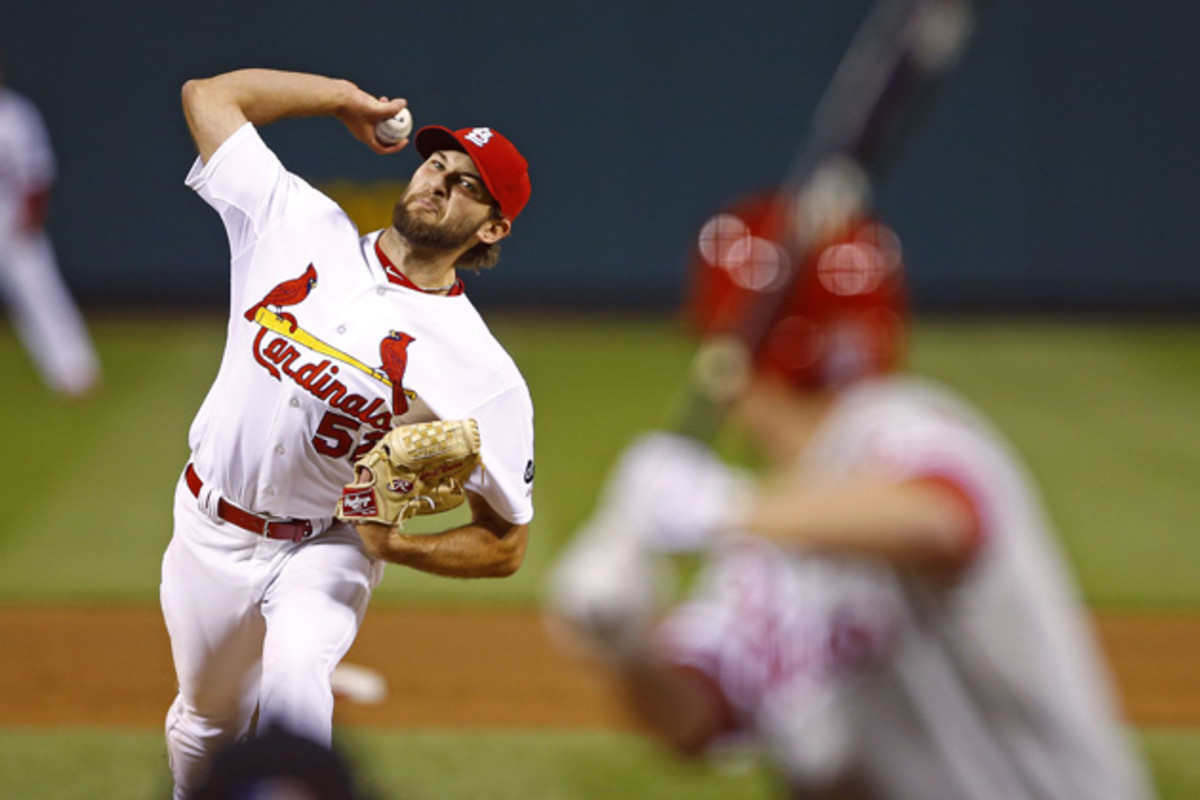MLB players are using paprika-derived nutrient for performance benefits

Ask Pirates second baseman Neil Walker for the most important qualities of his game, and he won’t talk about catching or hitting.
“You can’t do any of those things without good vision,” says Walker.
Ocular workouts and vision drills on computers have become ubiquitous around MLB, and now players are also eating their way to improved sight. In a 2014 study published in the Archives of Biochemistry and Biophysics, researchers from the University of Georgia also found evidence linking visual processing speed and reaction time and a daily intake of zeaxanthin, a nutrient found in many deeply pigmented vegetables and paprika. Today, all 30 MLB teams have started experimenting with the nutrient, including Walker, who was introduced to it through the team’s doctor last spring, after experiencing dry eyes and struggles with squinting during games.
"After taking [the supplement] every day, I felt like my contrast was better and I wasn’t squinting as much,” says Walker, 29. “It was somewhat like internal sunglasses to a degree, especially during day games.”
Training with Trevor Bauer: Indians pitcher explains his throwing secrets
The link between zeaxanthin and eye health starts in the macula, or the small, light-sensitive and cone-packed area of the retina that gives us high-acuity vision, says optometrist Dr. Graham Erickson. Naturally occurring phytonutrients (the pigments that give food its colors) are distributed throughout the body when digested, but zeaxanthin, nicknamed a “macula pigment,” is heavily concentrated—about 1,000 times more—in the macula. Dr. Erickson says its impact can have both visual performance and neural effects.
“It can improve your threshold for withstanding glare, promote faster recovery from photo stress, or intense bright light, and have contrast effects,” he says. “And then because the eye can process light faster, there can be improvements to reaction time and coincidence anticipation, like timing the arrival of the ball from a pitch.”
Walker’s ability to discern subtle differences in light more easily—like tracking a ball against the glow of a stadium or a bright-blue sky—is an example of contrast effect. Seeing the red seams against a moving and spinning white baseball is another. “If I can discriminate the release of the pitch, that gives me a lot of information about its trajectory,” says Dr. Erickson, who’s collaborated with Nike athletes since 1999.
Most teams use zeaxanthin in supplement form—Rays assistant athletic trainer Paul Harker keeps it next to the multivitamins and fish oil—which is available at health and nutrition stores. The nutrient is also found naturally in several foods that can be incorporated into anyone's diet for similar effects, such as dark leafy greens like kale and dandelion greens, red bell and chili peppers, goji berries and egg yolks. In addition to providing it for his team, Harker started using the supplement as well.

“Since prior to spring training this year, I have been taking the recommended amount every day,” says Harker. “The one thing I know is that I don’t feel the need to constantly wear sunglasses when I’m outside. My sensitivity to light has decreased.”
The Rays don’t mandate the players to take zeaxanthin and Harker says it’s not something that the staff has tracked closely enough to recognize any benefits on the field. But even at their own discretion, players are using it and curious about its effects.
“During a period on our last road trip, the bottle we had packed ran empty and our players asked about it,” says Harker. “We don’t push any supplements, but we do want to give our players every advantage to improve their vision and overall health and recovery.”
As more players start to use zeaxanthin, nutritionists learn more about optimizing dosages and timing, but for now, Walker is happy with the results.
“I get that’s something that’s hard to measure,” he says. “But when you’re trying to track baseballs at the plate or in the field for a living, that’s kind of your own little test.”
